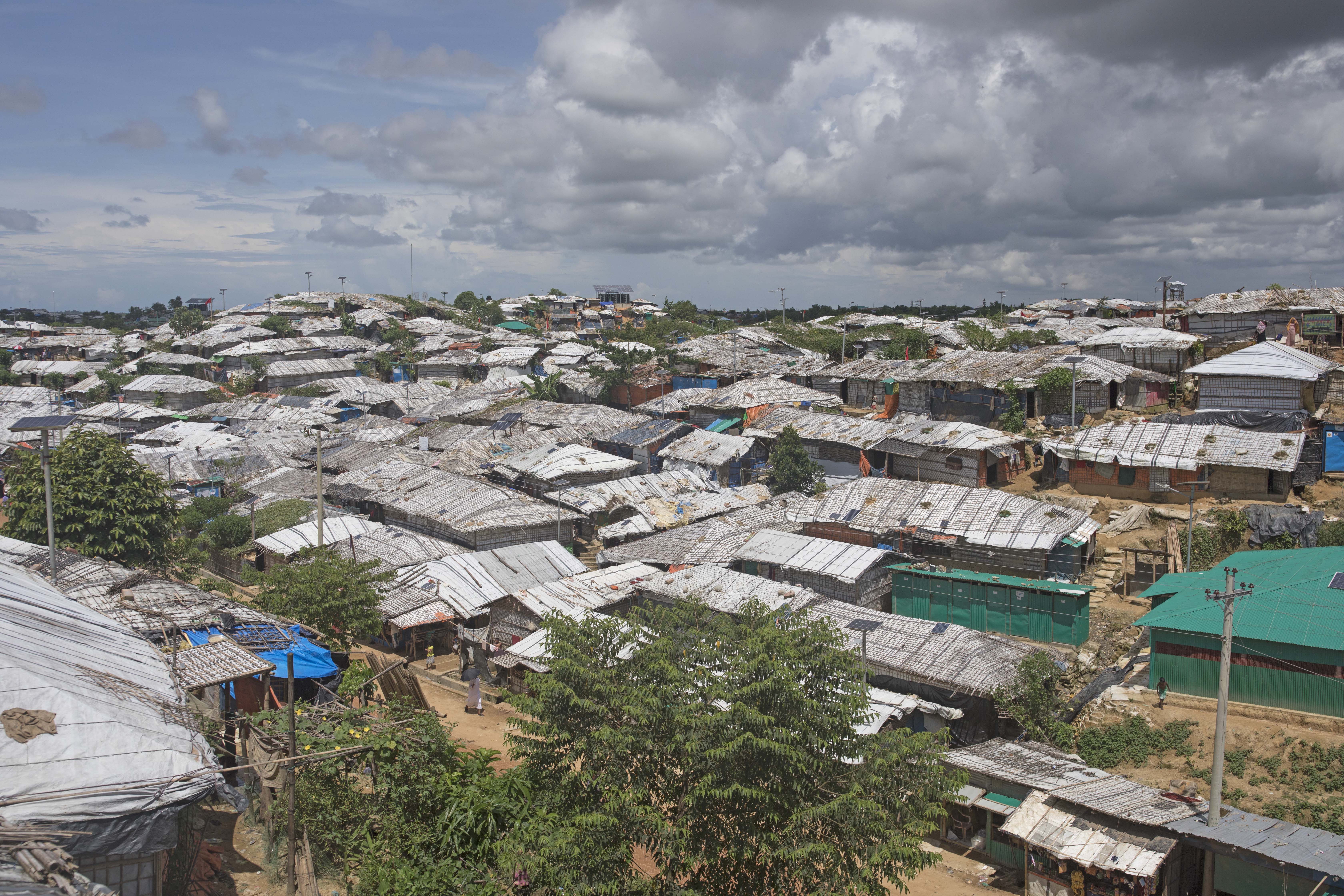Social Distancing is ‘Impossible’ for Rohingya Refugees
September 23, 2020Rohingya refugee Abdul Sukkur tries to protect himself from coronavirus by regularly washing his hands and wearing a mask, but as a resident of the most densely populated refugee camp in the world, he can’t always keep a safe distance from neighbors.
“I heard that a man in a nearby camp area got infected with the virus and I am afraid that it might spread here soon,” Sukkur told VICE News from one of the congested settlements in Bangladesh’s Cox’s Bazar district.
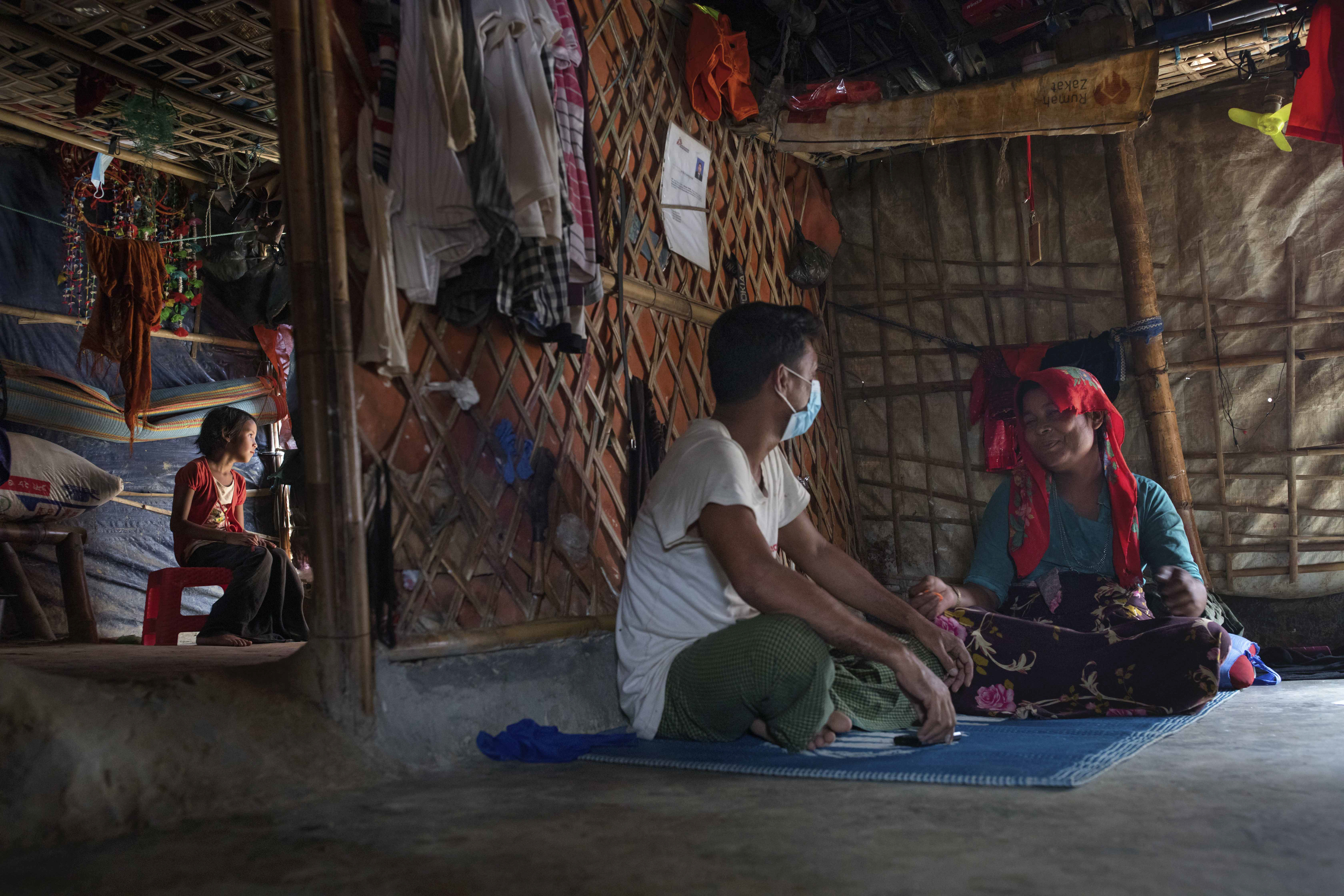
Over a million Rohingya Muslim refugees live in the sprawling, packed camps in southern Bangladesh, having fled from Myanmar in waves of violence going back decades.
The most recent influx was in 2017, when the Myanmar military violently expelled more than 740,000 Rohingya in operations UN investigators said were carried out with genocidal intent. Myanmar says it was defending itself against militants and while it has admitted to some violations it denies the genocide claim.
Flawed repatriation plans have left Rohingya refugees in limbo but the arrival of COVID-19 in the camps in May added new layers of uncertainty and fear in a place that lacks medical facilities to deal with a serious outbreak.
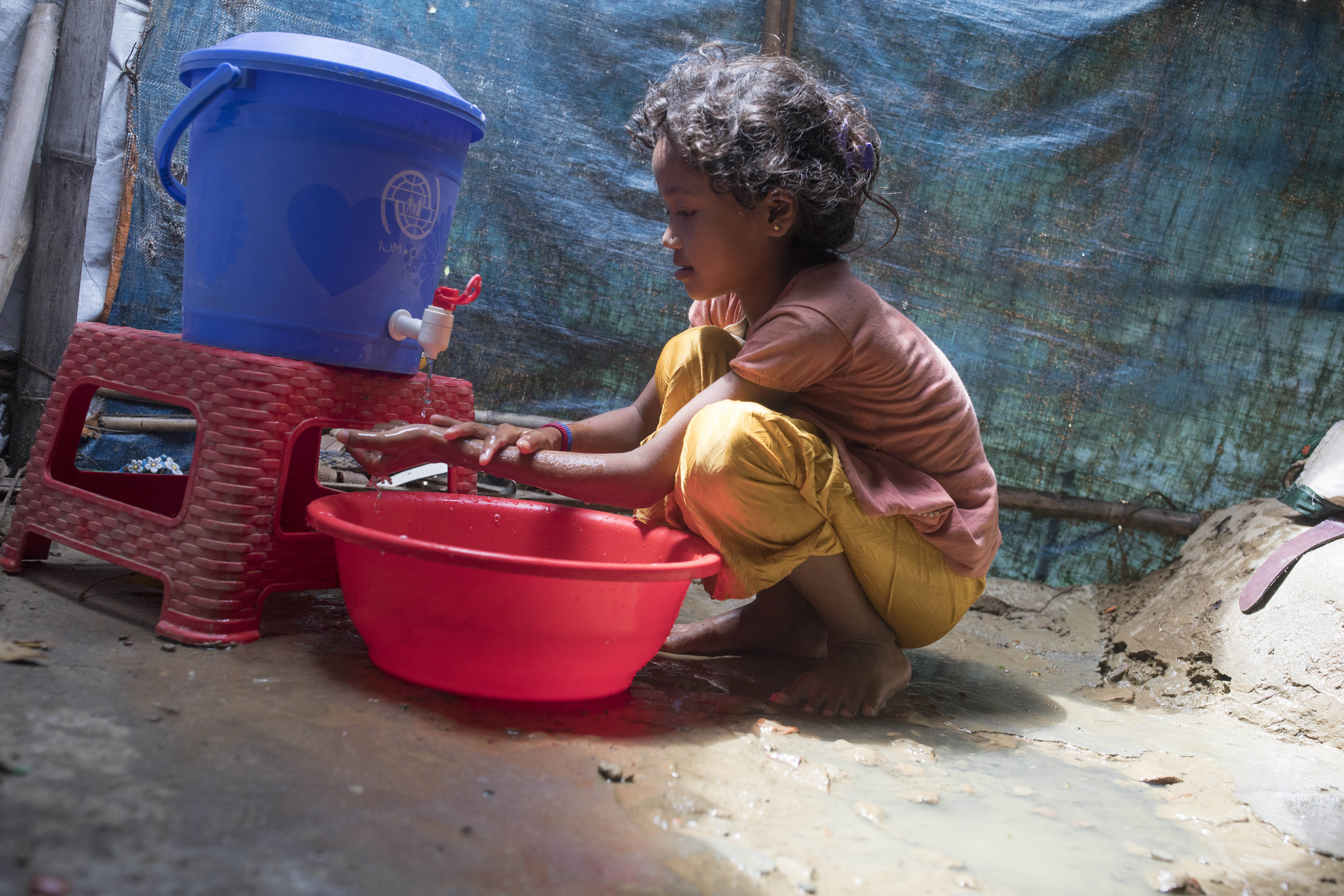
Cases are still relatively low compared to the region, with at least 180 confirmed infections and seven deaths among the Rohingya refugee community. But one aid worker who raises awareness about the virus threat in the camps said that low testing means the real figure is almost certainly much higher.
One study said that four out of every 10 children are afraid of dying or losing a parent to COVID-19. The pandemic-caused shutdown in services has also led to a rise in human trafficking cases, according to a separate study.
Abu Korsldik, 41, lives in the same camp block as Sukkur with a large family of 11 people.
“I try to follow the health guidelines but it is impossible to maintain social distance,” he told VICE News.
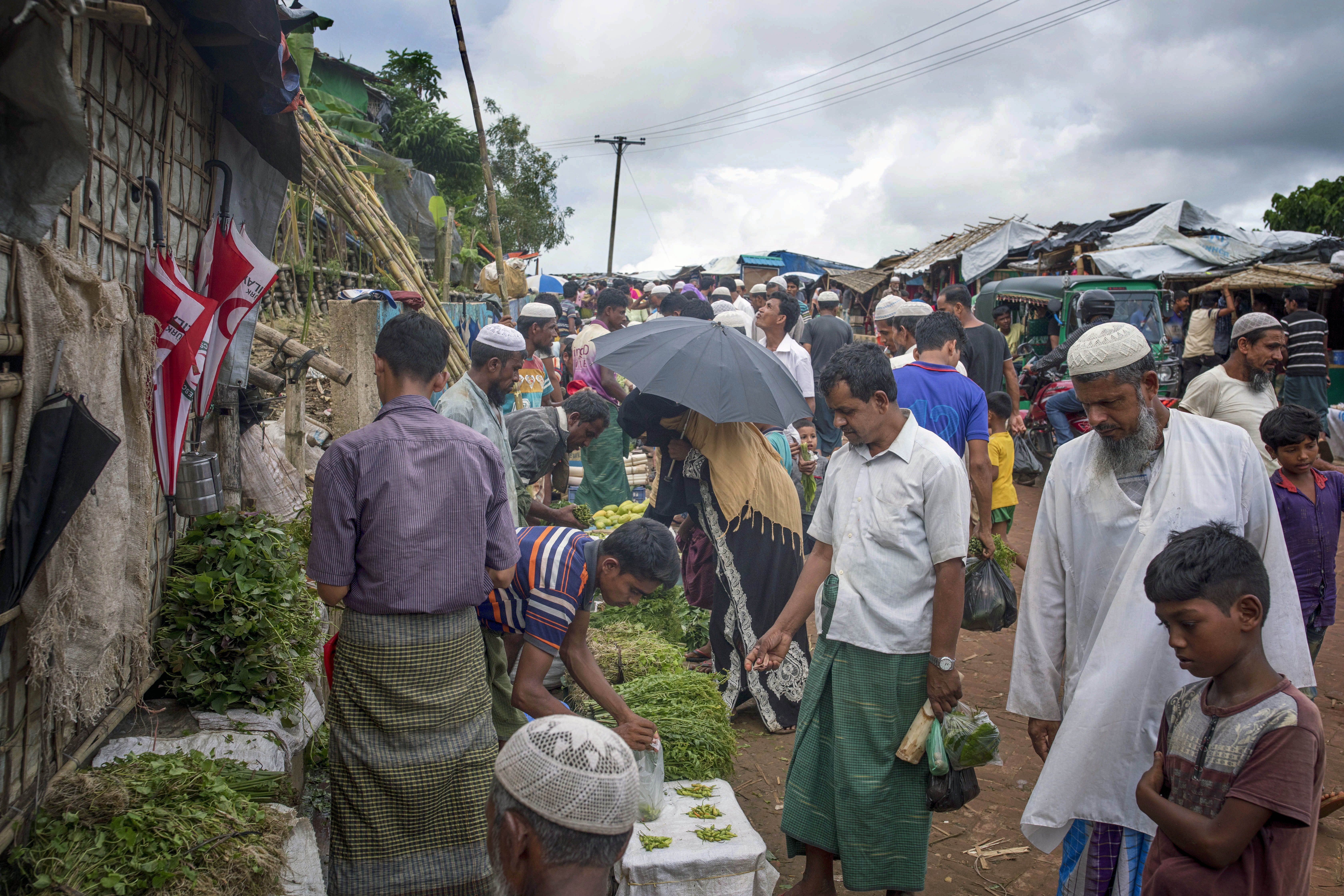
A 25-year-old community leader named Abdul Halim received a two-day health protection training from NGOs and said that regularly washing hands is doable because of donated soap and water facilities.
But there are only 25 toilets for 480 people living his section. There are busy markets and packed food distribution centers. He also said that only about 10 percent of people in his area wear masks.
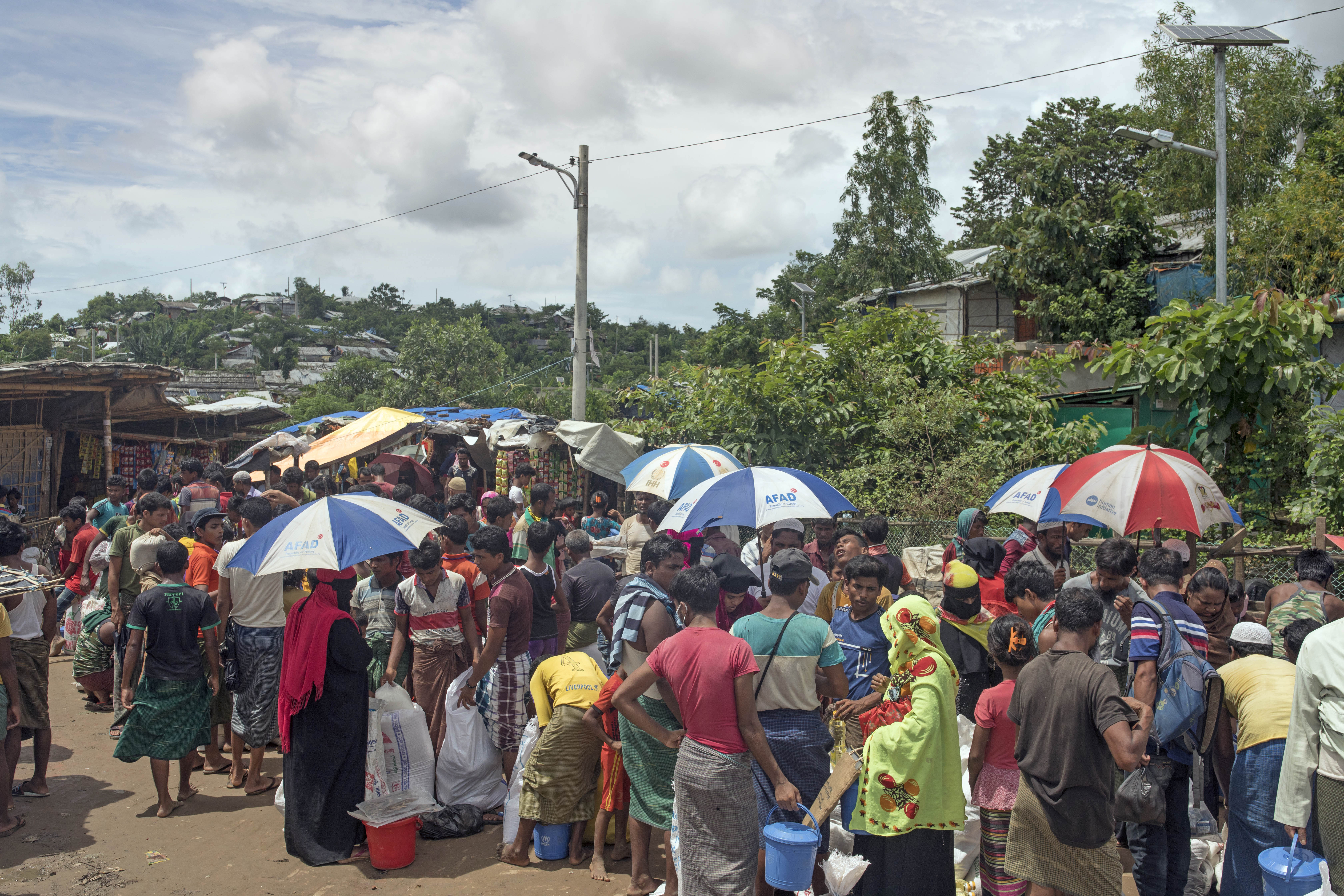
Other refugees in the camps are focused on what they see as more pressing issues.
Mohammad Kasim, 55, said he is not as worried about COVID-19 as he is about making it back to his “real home” in Myanmar.
Several repatriation plans have failed as Rohingya refuse to come back to northern Rakhine State without guarantees of freedom of movement and other basic citizenship rights slowly stripped from them over the years.
A broad swath of the Myanmar public do not accept them as Myanmar citizens and view them as immigrants despite historical records of residence going back hundreds of years.
